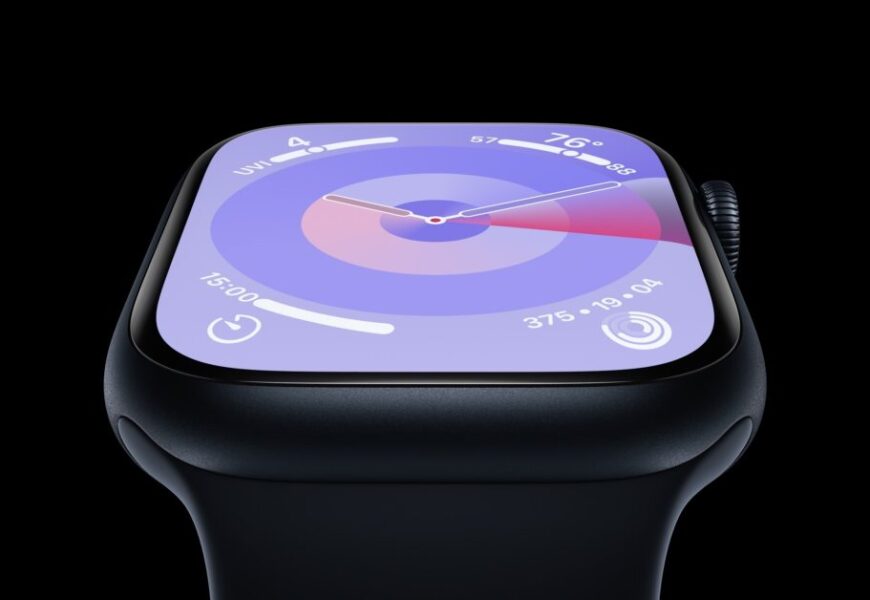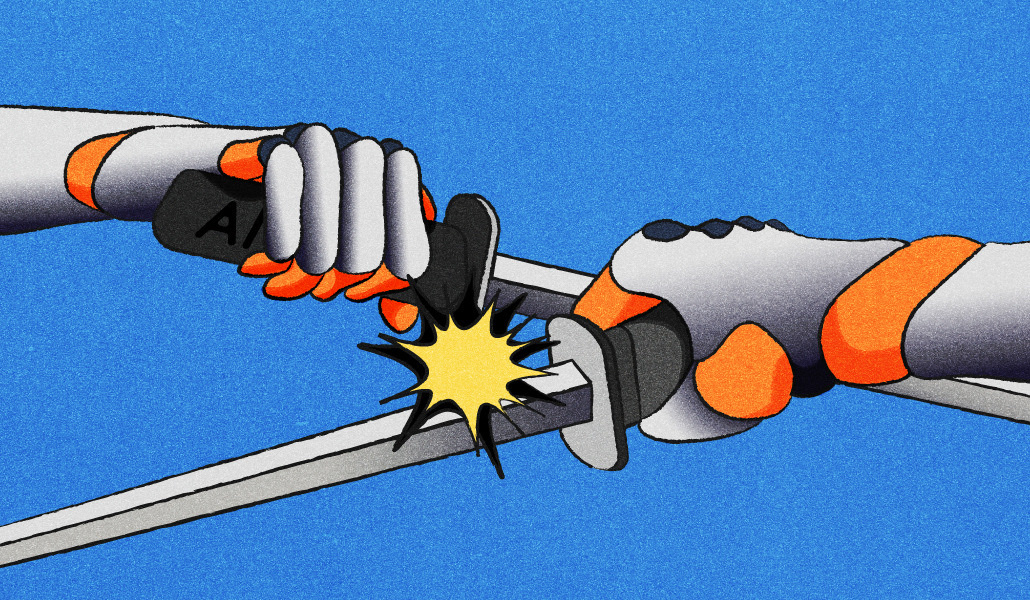A recent research project conducted at Stanford University seeks to assess the utilization of the Apple Watch in identifying the triggers of severe pain exacerbations in children diagnosed with complex regional pain syndrome (CRPS), focusing on physiologic, dietary, and environmental factors.
The study will not only incorporate the Apple Watch but also leverage artificial intelligence technology provided by Medeloop, a clinical research platform recognized for its AI-driven approach to early-stage clinical research and trials.
CRPS Overview, as outlined by Stanford Medicine:
Complex regional pain syndrome (CRPS) is a debilitating condition commonly affecting the limbs post-injury or surgical procedures. Key symptoms include intense pain, swelling, restricted range of motion, temperature variations, and skin alterations. While CRPS can manifest in any body part, it predominantly impacts the arms, legs, hands, or feet.
Typically triggered by trauma like fractures or amputations, CRPS can also emerge following minor incidents such as sprains. In rare instances, CRPS may develop spontaneously without an identifiable cause, often correlating with heightened emotional stress.
As highlighted by MyHealthyApple, the study will furnish child participants aged between 8 and 17 with an Apple Watch Series 8 for a duration of six months. Alongside Apple Watch data collection, participants will photograph their meals for dietary analysis, with all information processed by Medeloop.
Key Points from the Study Description:
The Apple Watch will continuously transmit physiologic data to Medeloop over six months, extracting parameters like pulse rate, oxygen saturation, daylight exposure, ECG readings, and activity levels. Derived metrics encompass heart rate variability, sleep duration, daily steps, weight distribution, gait analysis, among others.
Through a synced smartphone, subjects will capture meal images for AI-based dietary analysis, subsequently shared with Medeloop for processing. Medeloop’s software will integrate location details with environmental and weather data (e.g., atmospheric conditions, air quality) on a daily basis. Real-time pain flare-ups will be logged through the Medeloop app.
Primary Objectives of the Study:
- To compile extensive real-time datasets encompassing physiological, psychological, pain-related, environmental, and dietary information, employing AI for the identification of triggers leading to pain exacerbations.
- To devise strategies for preempting acute pain episodes based on the insights gained from the data analysis.
Researchers emphasize that timely interventions and mechanisms to intercept acute pain episodes could significantly enhance the quality of life for this patient cohort during treatment and recovery from the condition.










